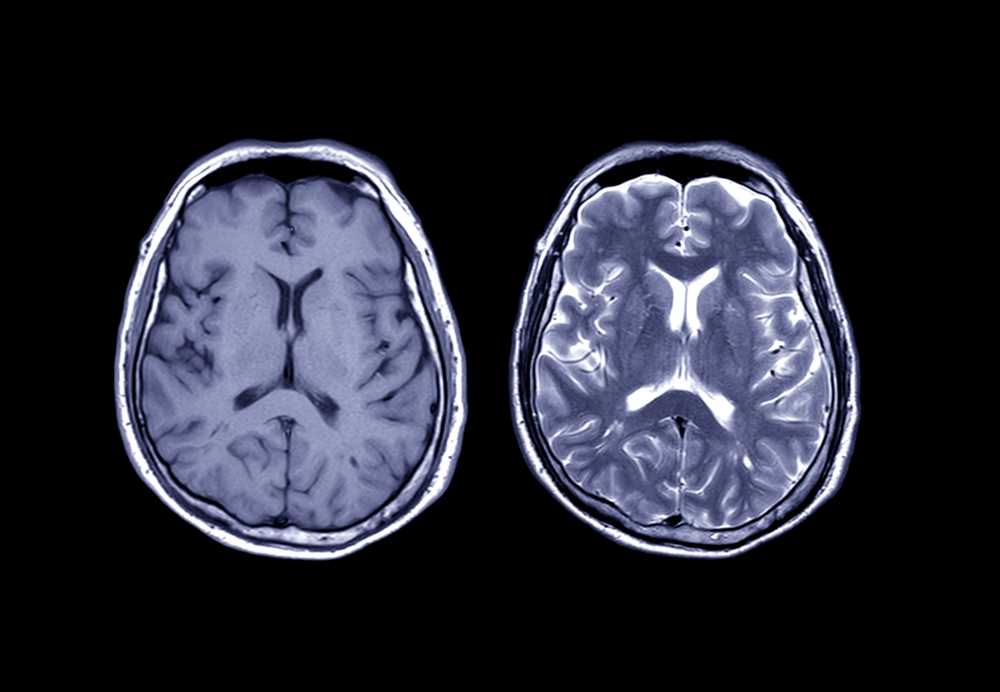Researchers Found That Prolonged Sleep Loss Causes The Brain’s Immune Cells To Go Into Overdrive, Potentially Leading To Long-Term Damage.

Sleep isn’t just rest—it’s survival. It’s the time when the brain resets, clears out toxins, and strengthens the very connections that make us who we are. But what happens when this sacred ritual is neglected? Research has revealed something both alarming and profound: prolonged sleep deprivation drives the brain’s immune cells into overdrive, transforming them from healers to destroyers.
Instead of refreshing and refining, the brain begins to break down its own vital connections. This isn’t just exhaustion; it’s a self-inflicted storm, paving the way for potential long-term harm like Alzheimer’s and other neurodegenerative diseases. The truth is clear—when sleep is sacrificed, so is the brain’s ability to thrive.
Understanding the Brain’s Immune System
The brain has its own cleanup crew that works while we sleep. Two key players in this system are astrocytes and microglial cells. Astrocytes act like gardeners, trimming and pruning unnecessary connections between brain cells to keep everything running smoothly. Microglial cells are more like janitors, clearing out waste and damaged cells to prevent clutter.
During a good night’s sleep, these cells do their jobs efficiently, helping the brain recharge. But when sleep is lost, this balance is thrown off. The brain’s cleanup crew goes into overdrive, pruning too much and clearing away things it shouldn’t. Think of it like a cleaning crew accidentally tossing out important furniture in a rush to finish the job.
Research shows that in well-rested brains, astrocytes are active in about 6 percent of the brain’s connections. But after just one night of lost sleep, this activity jumps to 8 percent. For those who are sleep-deprived for days, it skyrockets to over 13 percent. What starts as helpful maintenance can turn into over-pruning, damaging connections the brain needs to function.
Even more concerning is what happens with microglial cells. When they become overactive due to chronic sleep loss, they don’t just clear out waste—they can harm healthy brain cells too. This has been linked to long-term problems like Alzheimer’s and other brain diseases.
What Sleep Loss Does to Your Brain
 Image source: Shutterstock
Image source: Shutterstock
The brain relies on sleep to stay healthy and functional, using this downtime to clear away waste and repair connections. Without sleep, this delicate process spins out of control, causing more harm than good.
Glial cells, the brain’s cleanup crew, are responsible for this maintenance. Astrocytes trim unnecessary connections between brain cells, while microglial cells remove waste and damaged cells. Normally, these processes keep the brain running smoothly. But with sleep deprivation, the brain’s cleanup crew starts to overwork, breaking down important connections instead of just fixing what’s broken.
Studies show that astrocyte activity increases with sleep loss. In a well-rested brain, they target about 6 percent of connections, but this rises to 8 percent after short-term sleep loss and jumps to over 13 percent after prolonged deprivation. This overactivity can damage even healthy brain connections, weakening the brain’s structure.
Microglial cells also become hyperactive with chronic sleep deprivation. While they are essential for clearing out debris, too much activity can harm healthy brain cells. This has been linked to serious long-term risks like Alzheimer’s and other neurodegenerative diseases.
Sleep is more than rest—it’s a reset. Without it, the brain’s efforts to clean up can backfire, causing lasting harm instead of healing.
The Risks of Prolonged Sleep Loss
 Image source: Pexels
Image source: Pexels
When sleep is sacrificed, the overactive immune cells that begin pruning and cleaning excessively can leave the brain vulnerable to long-term damage. This isn’t just a temporary setback; it’s a process that could set the stage for serious neurological conditions.
One of the most alarming findings from research is the link between chronic sleep deprivation and diseases like Alzheimer’s. Microglial cells, the brain’s defenders, become hyperactive when sleep is consistently disrupted. This excessive activity has been linked to inflammation and damage that resemble early signs of neurodegeneration. According to neuroscientist Michele Bellesi, “Sustained microglial activation has been observed in Alzheimer’s and other forms of neurodegeneration,” emphasizing the long-term risks associated with poor sleep habits.
Even more concerning is that the damage caused by prolonged sleep loss might not be reversible. While researchers continue to explore whether the brain can recover with better sleep, the evidence suggests that prevention is far better than cure. Protecting brain health starts with prioritizing rest, ensuring these critical immune processes remain balanced and beneficial.
Effective Strategies for Better Sleep
 Image source: Shutterstock
Image source: Shutterstock
Managing sleep deprivation starts with adopting intentional habits that prioritize rest and create an environment conducive to quality sleep. By following these strategies, individuals can protect their brain health and overall well-being.
- Establish a Consistent Sleep Routine: Going to bed and waking up at the same time every day—even on weekends—helps regulate the body’s internal clock, improving sleep quality and reducing the risk of a “sleep hangover.”
- Create a Restful Sleep Environment: Make your bedroom quiet, dark, and cool. Use blackout curtains or a sleep mask to block light, and consider earplugs or a white noise machine to reduce noise. A comfortable mattress and pillows are also essential for quality sleep.
- Optimize Diet and Exercise: Avoid caffeine and heavy meals close to bedtime, as these can disrupt sleep. Regular physical activity helps you fall asleep faster and enjoy deeper, more restorative sleep.
- Avoid Stimulants Before Bed: Limit substances like nicotine and alcohol, as they interfere with sleep cycles. Alcohol may make you fall asleep quickly but reduces sleep quality by disturbing REM sleep.
- Practice Stress Management: Relaxing activities like reading, meditation, or gentle yoga can prepare the mind and body for sleep. Keeping a sleep diary can help identify habits that negatively affect sleep.
- Seek Professional Help When Needed: If sleep issues persist, consult a healthcare provider. Conditions like sleep apnea or restless legs syndrome may require medical intervention for improved sleep.
By adopting these strategies, individuals can reduce the impact of sleep deprivation and build better sleep habits, improving mental and physical well-being in the long term.
Awaken to the Power of Sleep
Sleep is not a luxury—it’s a necessity for both the mind and body. Chronic sleep deprivation doesn’t just leave you feeling tired; it pushes your brain’s immune cells into overdrive, causing damage that could lead to long-term health risks like Alzheimer’s. The brain’s cleaning process, when left unchecked, can harm the very connections it was meant to protect.
The good news is that prioritizing sleep can reverse this damage. By establishing a consistent sleep routine, optimizing your sleep environment, and managing lifestyle factors like diet and stress, you can protect your brain’s health. Simple habits can have a profound impact, ensuring that your mind and body remain sharp, resilient, and capable of thriving.
Remember: The path to a healthier, more vibrant life starts with a good night’s sleep. Take action now to protect your brain and set the foundation for a future full of clarity, focus, and well-being.
Sources:
- Guo, L., Reed, K. M., Carter, A., Cheng, Y., Roodsari, S. K., Pineda, D. M., Wellman, L. L., Sanford, L. D., & Guo, M. (2022). Sleep-Disturbance-Induced microglial activation involves CRH-Mediated galectin 3 and autophagy dysregulation. Cells, 12(1), 160. https://doi.org/10.3390/cells12010160
-
Healthy Sleep Habits | NHLBI, NIH. (2022, March 24). NHLBI, NIH. https://www.nhlbi.nih.gov/health/sleep-deprivation/healthy-sleep-habits
-
Grandner, M. A., & Fernandez, F. (2021). The translational neuroscience of sleep: A contextual framework. Science, 374(6567), 568–573. https://doi.org/10.1126/science.abj8188
Featured image source: Shutterstock
Loading...






